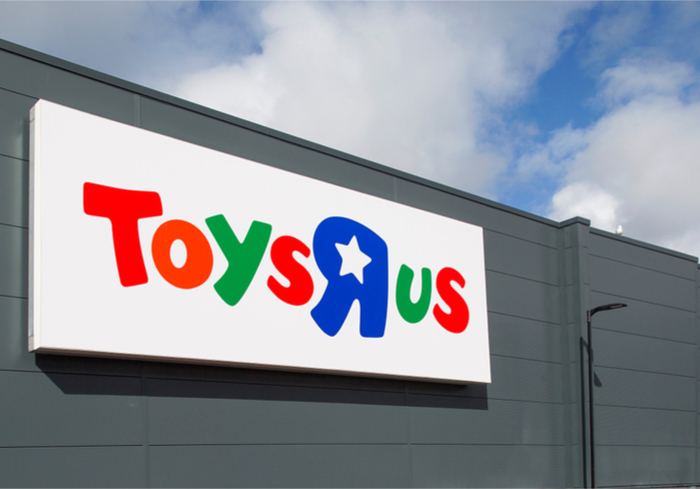Toys R Us Settles With Creditors To Complete Bankruptcy

Toys R Us has come to a settlement agreement with some groups of creditors, including vendors, to resolve its disputes related to its bankruptcy proceedings.
According to Retail Dive, after “months of intense, hard fought, arm’s-length negotiations,” court papers revealed that the retailer has settled disputes that would otherwise “require protracted and expensive litigation.”
While Toys R Us had said that it would try to honor its payments to suppliers and lenders, over 50 suppliers, such as Lego and Mattel, were not happy with the company’s bankruptcy proceedings. The toy retailer was seeking approval to stop over $450 million in payments to suppliers.
Toys R Us also bought goods on unsecured trade credit, so some of its trade vendors wanted the retailer to send back unpaid inventory, which Toys R Us could have conceivably sold to pay bankruptcy lawyers as well as secured lenders.
In court papers filed earlier this year, Crayola, which is party to the settlement, alleged that Toys R Us accelerated product orders at the start of the year even though company officials knew they had essentially defaulted on their bankruptcy loan and could be forced to liquidate.
Crayola’s attorneys alleged that Toys R Us was “well aware that their U.S. operations were already teetering on the precipice of failure” while accelerating their merchandise orders — conduct that the attorneys described as “irresponsible and potentially illegal.”
As part of the settlement, a pot of funds will be created for claims, including a baseline recovery of $180 million for participating creditors and then shared recovery after a group of secured lenders receive at least 50 percent of the $1 billion they’re owed. Vendors and other creditors can opt out of the agreement.
Josh Friedman, a legal analyst with Debtwire, told Retail Dive that this is a typical settlement to resolve bankruptcy-related disputes. “It’s rare to have full-blown litigation over this that culminates in a ruling from the court,” Friedman said, adding that the legal costs of court battles provided incentive to settle.